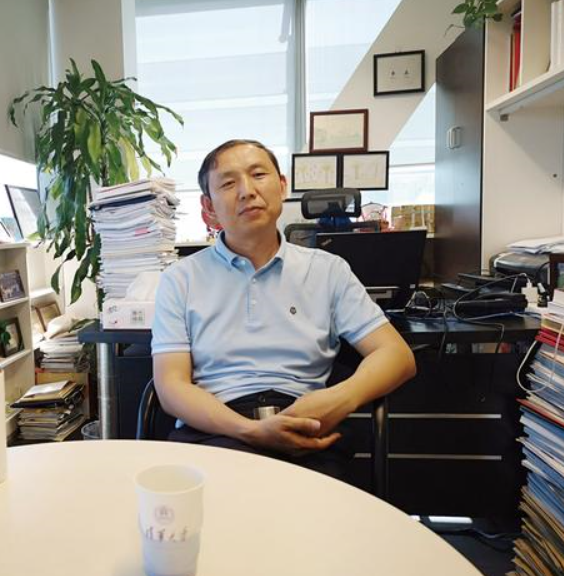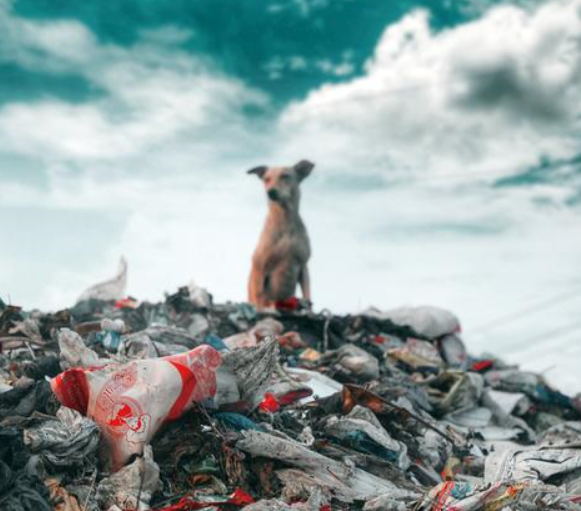Liu Jianguo is a professor and doctoral supervisor at Tsinghua University's School of Environment, as well as the Deputy Director of the Key Laboratory of Solid Waste Treatment and Environmental Safety, Ministry of Education. He concurrently serves as an expert for the China Urban Sanitation Association, the Expert of the Engineering Technology Research Center for Urban Sanitation, Ministry of Housing and Urban-Rural Development, an expert in the Two Networks Integration Industry Innovation Cooperation Body, and a member of the Technical Committee on Urban Refuse Cleaning and Disposal, Ministry of Housing and Urban-Rural Development. He is also a councilor of the China Environmental Protection Industry Association and an advisor to the Beijing Municipal Sanitation and Environmental Protection Association.
Professor Liu has led numerous significant research projects, including the National Science and Technology Support Program, the "863" Plan, and the National Natural Science Foundation of China. He has published over 100 papers in prominent academic journals and international conferences, with more than 30 indexed by SCI. He has been granted 5 national invention patents. In 2007, he was selected as a "Beijing Nova" and has received 4 provincial and ministerial scientific and technological awards.

Professor Liu has conducted extensive research on waste sorting. He believes it is a prerequisite for high-quality economic development. While China's industries have achieved rapid growth and large volumes, they generally occupy mid-to-low positions in global supply chains and value chains, necessitating a shift away from this "lock-in" status and a move towards upgrading these chains. Simultaneously, Chinese society's consumption needs have shifted from quantity to quality, yet the supply structure still emphasizes quantitative expansion over qualitative improvement. This results in an oversupply of lower-end capacity and unmet demand for high-quality products.
Under the traditional top-down linear "management" concept, waste management has long been a one-sided play by governments and waste processing companies, passively meeting the ever-increasing demand for end-of-pipe treatment. The public, social organizations, and manufacturers have not been adequately involved, leading to a lack of concern about waste issues. People often consider waste management as solely the government's responsibility, thus lacking motivation for reduction and sorting, and the right to participate in supervision.
Only when the public, social organizations, and manufacturers fully engage in waste sorting can they transform from "spectators" into "builders", from "critics" into "supervisors". This would enhance the efficiency of the waste management system and control of secondary pollution, fostering mutual trust between the government and citizens, and between enterprises and citizens. It would also establish a multi-stakeholder co-construction, co-governance, and sharing pattern, providing a solution to the "not-in-my-backyard" effect of waste disposal facilities.

Lastly, Professor Liu contends that our country should use waste sorting as a platform, with habit cultivation as the goal, to elevate individual civilization levels. Waste sorting serves as a breeding ground for personal civility. Personal civilization is not mere rhetoric but concrete practice. Each person has a responsibility and duty to conserve resources and protect the environment. For individuals, no matter how lofty their environmental ideals may be, they can start practicing them through simple acts like waste sorting. As modern citizens, if we are unwilling or unable to do such small tasks, discussing environmental concepts or complaining about pollution would be meaningless. Conversely, if we can diligently and persistently carry out waste sorting, there is nothing we cannot accomplish. Enhancing civic literacy and personal civilization is inseparable from education.
Biography link: http://www.adjm.cn/pinpai/11_11001_0_0-0_0_1.html



